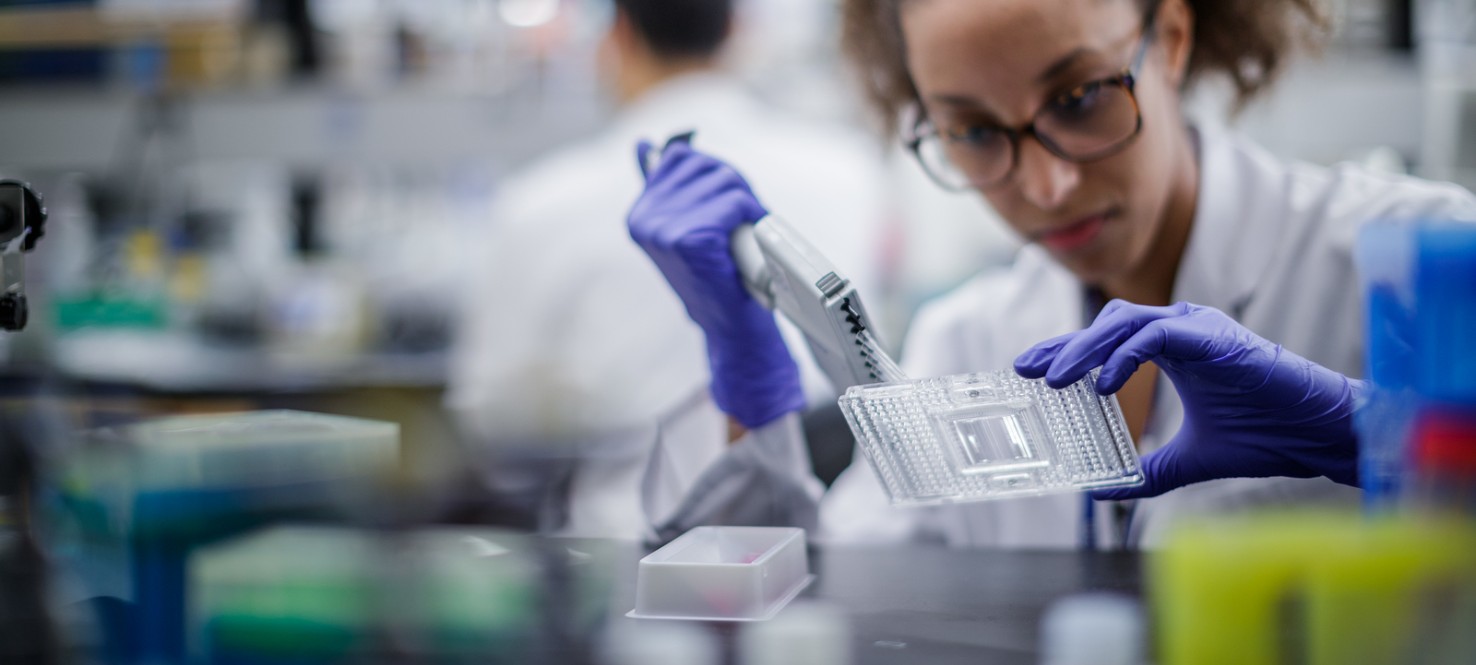Hurricane Milton: Careful Preparation Pays Off With Minimal Interruption to Research
When Hurricane Milton made landfall, its intensity caused concern for most of Florida. At Moffitt Cancer Center, team members remained on-site throughout the night, monitoring conditions and ensuring safety.
In addition to caring for hospitalized patients during the storm, Moffitt had to protect its vital research, which includes lab facilities, research samples and the vivarium. Despite the relentless storm, damage remained minimal. Quick response and prior preparations helped minimize potential damage.
Moffitt had already been through Hurricane Helene two weeks prior, which allowed the team to respond more efficiently to Milton.
In the wake of #HurricaneMilton and #HurricaneHelene, Moffitt appreciates all the individuals and teams who worked tirelessly to prepare efforts and ongoing recovery to support the Tampa Bay community. #TampaStrong pic.twitter.com/3VxXgkrUnt
— Moffitt Cancer Center (@MoffittNews) October 14, 2024
“One key preparation that paid off was the installation of remote freezer and environmental monitoring systems for research assets,” said J.P. Hooks, manager of Research Environmental Health and Safety at Moffitt. “With over 500 freezers to monitor, the remote systems allowed the team to quickly identify issues, such as temperature fluctuations, without having to physically check every unit. This early warning system helped prevent any major loss of research materials.”
When the storm knocked out power to a building that did not have patients, the Facilities team quickly stepped in, coordinating with electrical contractors to activate the generator in short bursts. This enabled them to move a freezer filled with critical samples from the Clinical Trials Lab Core across the street using a pedestrian bridge to Moffitt McKinley Hospital.
The storm underscored several key lessons. First and foremost was the need for flexibility.

Elsa Flores, PhD
“Most of Tampa Bay lost power, internet and cellular services for several days,” said Elsa Flores, PhD, associate center director of Basic Science at Moffitt. “This made communication a challenge to provide latest updates, align recovery efforts and facilitate decision making that was inclusive of all stakeholders.”
No two storms are alike, and Hurricane Milton presented its own set of unique challenges, forcing the team to adapt quickly and proving that even well-laid plans can be disrupted by the unexpected.
While the storm tested Moffitt’s resilience, it also offered an opportunity to strengthen its response strategy. Future improvements will focus on better backup systems, refined building access protocols, and enhanced communication methods when power and internet fail. The lessons learned will make Moffitt better prepared for future storms, ensuring that vital research can continue uninterrupted.



